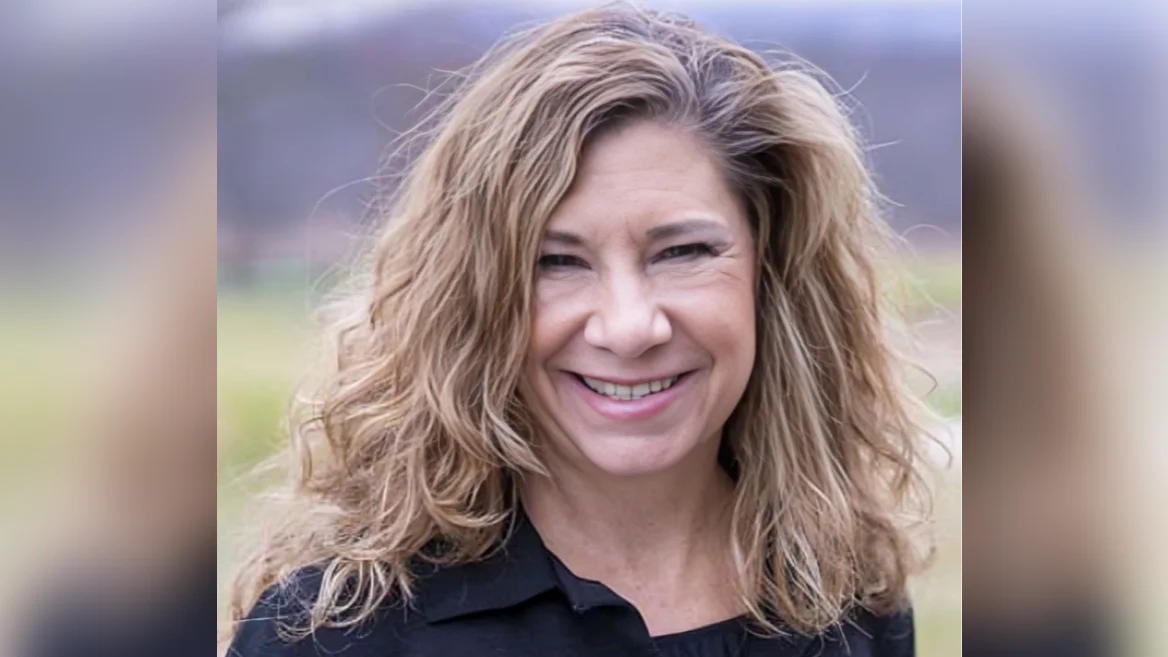
Many issues in public education persist, including chronic absenteeism, student discipline, and teacher retention. Data from the 2022-23 school year in New Jersey shows a 16.6% chronic absenteeism rate. Out-of-school suspensions increased by 6,470 from the previous year, totaling 44,261 suspensions statewide. Although there were more full-time teachers reported for the 2022-23 school year compared to 2013-14, there has been a gradual decline in the teacher workforce in English Language Arts (-8.37%) and Math (-7.97%). Additionally, 10% of total teachers exited the profession in 2022-23, up from 7.4% in 2013-14.
The Annie E. Casey Foundation's national Kids Count Data Book highlights community schools as a potential solution to these issues. Full-Service Community Schools (FSCS) are traditional public schools that utilize community resources to improve school climate and student well-being and success. FSCS models have shown positive impacts on students' performance and well-being in areas such as Jersey City, Orange, Paterson, and Trenton.
FSCS leverage community resources to enhance student wellness and outcomes while reducing staff burden and improving access for the local community. Services vary based on community needs but generally include health services; tutoring; parent education classes; job training; housing assistance; and nutrition programs.
The four pillars of FSCS are:
1. Integrated Student Supports: Tailored services coordinated by dedicated staff members.
2. Expanded Learning Time and Opportunities: Increased access to after-school activities that impact attendance, behavior, and achievement.
3. Family and Community Engagement: Stronger bonds between schools, parents, and communities lead to better outcomes for students.
4. Collaborative Leadership and Practice: Shared decision-making among all stakeholders ensures inclusive implementation.
In New Jersey, districts like Jersey City Public Schools (JCPS), Orange Public Schools (OPS), Paterson Public Schools (PPS), and Trenton Public Schools (TPS) have formal FSCS arrangements with some of their schools. Nonprofits such as Mercer Street Friends (TPS) contribute significantly to these efforts.
Of New Jersey's 697 educational agencies—593 being school districts—only four formally implement a full-fledged FSCS model in any of their schools.
Nationally recognized successes include Felicitas & Gonzalo Mendez High School in Los Angeles reporting an increase in safety perceptions among students by 15 points above the national average in 2019; Hoover Elementary School in Cedar Rapids reducing disruptive behavior referrals while increasing language acquisition test scores by 30 points during the 2022-23 school year.
In New Jersey specifically:
- Mahatma K Gandhi School PS #23 saw a rise in attendance rates by ten points within three years of becoming an FSCS.
- Reverend Dr Frank Napier Academy experienced a suspension rate drop of seventeen percent between 2011–2015.
- Luis Munoz-Rivera Community Middle School reduced chronic absenteeism by eighteen percent since its inception through early implementation years until now
Recent legislative efforts include S2243 introduced into NJ legislature proposing establishment five-year pilot program alongside another bill S2528 which aims create Office Community Schools appropriating $10 million towards it remain uncertain whether they will pass but if either does so would likely result increased technical assistance existing de facto work already underway across state further improving effectiveness overall
Research consistently shows that effective FSCS models positively impact youth development nationally showing increased safety reduced absenteeism higher teacher retention better academic performance amongst other benefits making worth exploring further potentially transformative future educational landscape